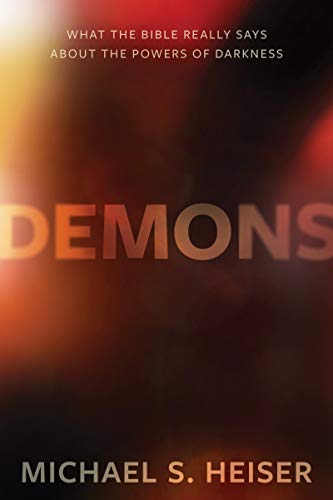BEN: If I’m reading Chapter Two right, you are arguing that there are not really vestiges of polytheism or henotheism in the worldview of the ancient Hebrews and their later scribes who assembled the OT, but rather they believe in monotheism, but they acknowledge: 1)other spiritual beings both benevolent and malevolent and so some form of ‘divine plurality’ (p. 41 n.8), and 2) they acknowledge that other peoples they live with or near are polytheists. Right? MICHAEL: I’d say Israelites... Read more









